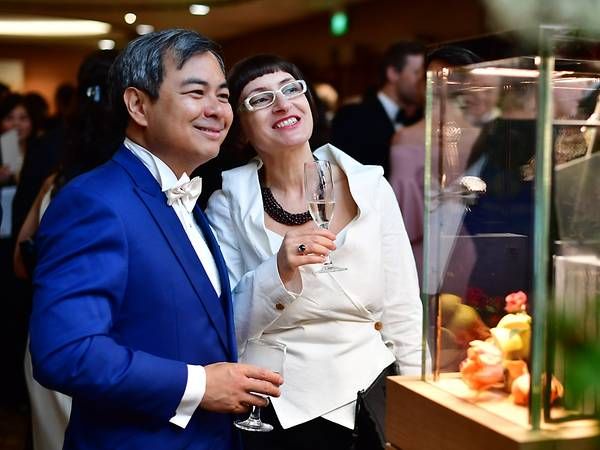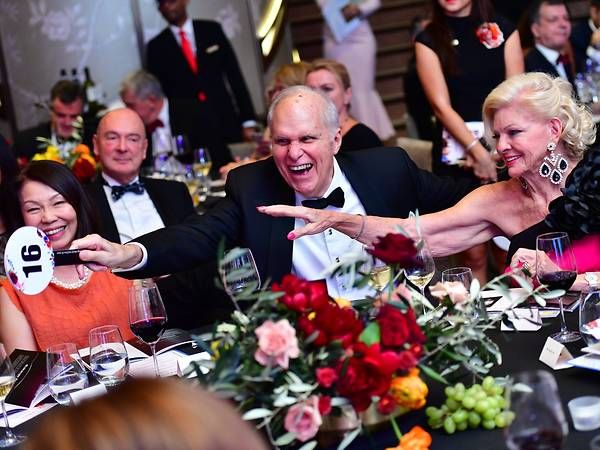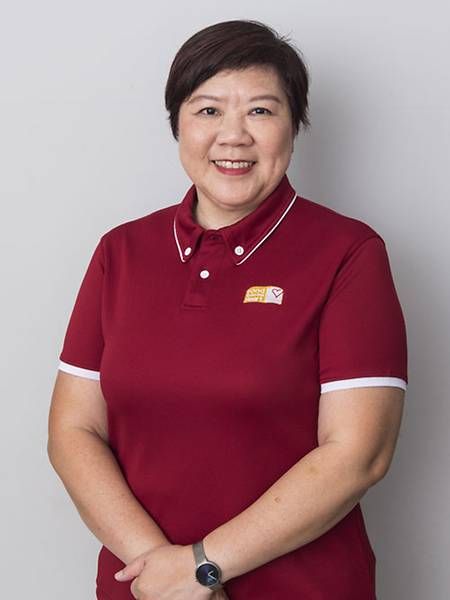From virtual events to deploying technology, charities are finding new ways of doing good, that are probably more economical too
As Singapore grapples with the economic and social repercussions of the pandemic, there is no doubt that needs in the community have increased. Families and individuals are struggling with the loss of livelihoods, including those in the non-profit sector, which is battling to keep its employees and continue its outreach programmes.
There is one silver lining in this Covid-19 cloud though: Individuals and corporations in Singapore have proven to be a big-hearted lot when it comes to stepping up to the philanthropic plate. And instead of being a dampener, the lack of physical fundraisers has become an impetus to think creatively so that doing good doesn’t stop.
The Ministry Of Social And Family Development revealed that from January to May 2020, Singaporeans gave about $90 million to Community Chest, the Sayang Sayang Fund and through Giving.sg.
This amount was equal to the overall donations received by Community Chest and the Giving.sg portal for the whole of 2019. More than 13,300 people also signed up to volunteer at Giving.sg during these five months, an 18 per cent increase compared to the same period last year.
During the circuit breaker period of March to May, we saw a decrease of 56 per cent in donations compared to the same period last year. In May, it was 83 per cent.
—Ho Ching Lin



